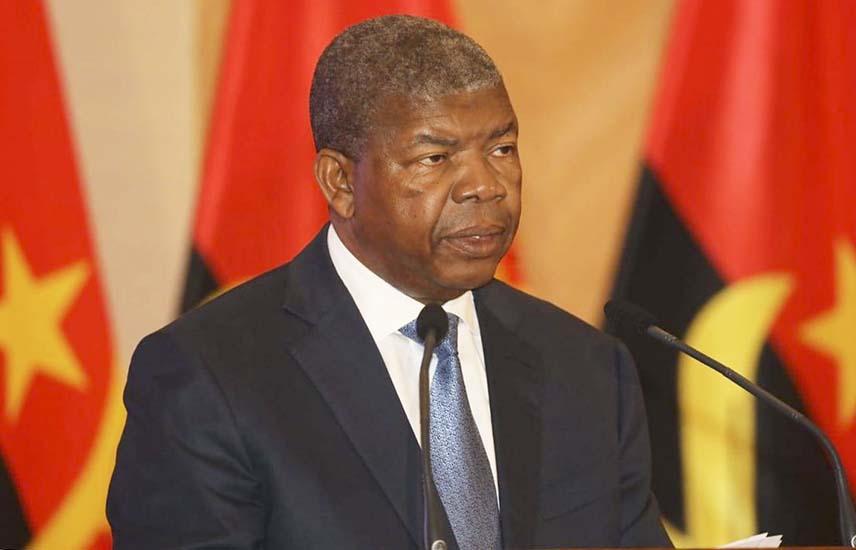Africa-Press – Angola. The National Conference on Human Capital, which closed Saturday in Luanda, recommended the creation of a National Fund to Support the implementation of human capital to boost the country’s sustainable development.
According to the final statement, read by Edson Barreto, director of the Presidential Staff Office, national human capital represents a strategic investment, not a cost, essential for increasing productivity, reducing inequalities, and driving sustainable development.
The conference considers it imperative to expedite the evaluation of the program that annually sends 300 Angolan students to internationally renowned universities and ensure the conditions for their immediate return to the country.
For the event participants, the creation of a policy that promotes and ensures the professional integration of Angolans who receive publicly funded scholarships is essential.
They emphasize the need for investment in education, health, skills development, and the promotion of innovation, which they consider the foundation for increasing productivity, competitiveness, and social cohesion.
The final document states that education and health are strategic priorities and that “the experiences of several African countries demonstrate that consistent policies in these areas lead to greater economic growth, reduced inequalities, and social progress.”
Diaspora
The conference recognizes that the diaspora represents a strategic resource with the potential to contribute skills, global networks, and investments to transform human capital and mitigate the brain drain from the African continent.
In this regard, the final document advocates the implementation of diaspora reintegration models with tax incentives and the establishment of information platforms with the community.
The Conference’s conclusions also include the need to transform emigration into a process of knowledge transfer, along with the registration and mapping of Angolan professionals in the diaspora and their respective areas of activity.
Adherence to Teaching Careers
The Conference recognizes that teacher training for general education still occurs in teacher training schools and higher education institutions, recommending the acceleration of the gradual transition to the higher education subsystem, as established in the National Program for Training and Management of Teaching Personnel.
The current status of access to teaching careers in higher education presents limitations and deficiencies that urgently need to be addressed.
Innovative Educational Model
The document also emphasizes the urgency of implementing an innovative educational model for the country, recognizing that the current model faces obstacles such as limited financial resources, the prevalence of a traditional curriculum, territorial disparities in access to technology, and the need for greater coordination between government agencies.
It notes that Angola must create the necessary conditions for the implementation of the proposed educational model, drawing inspiration from the practices of countries such as Finland, the United States of America (USA), South Korea, Portugal, and South Africa.
Furthermore, it maintains that the implementation of this educational model aims to create an ecosystem of science, technology, art, and innovation, reducing the technological gap between Angola and more developed countries.
The need to establish an interconnected institutional architecture, collaborating with institutions such as SINFOTEC, training centers, and the Huawei Academy, and the creation of management schools focusing on relevant thematic areas, is also included in the meeting’s recommendations.
The event considers investment in new technologies to be crucial in the education system in all regions of the country, with the aim of democratizing knowledge and promoting the resolution of social problems.
In this regard, he emphasizes the urgency of expanding digital infrastructure, especially in rural areas, with the creation of community learning centers that offer internet access, public services, and contextualized training.
The Minister of State and Chief of Staff to the President of the Republic, Adão de Almeida, considered the Conference very beneficial, following twelve plenary sessions of in-depth debate on human capital.
“We consider it proven and note that we discussed the development of our country, based on the premise of the most important thing: people, who are agents of development and its main beneficiaries,” he stated.
Adão de Almeida noted that this is the moment they chose to, on behalf of the President of the Republic, João Lourenço, the promoter of this conference, thank everyone for their presence and active participation.
The event, held in Luanda Bay, brought together more than two thousand individuals, including policymakers, academics, representatives of the private sector, civil society, and international partners, who addressed various topics, with a particular focus on training, qualifications, job market integration, and the role of public and private institutions.
For More News And Analysis About Angola Follow Africa-Press






